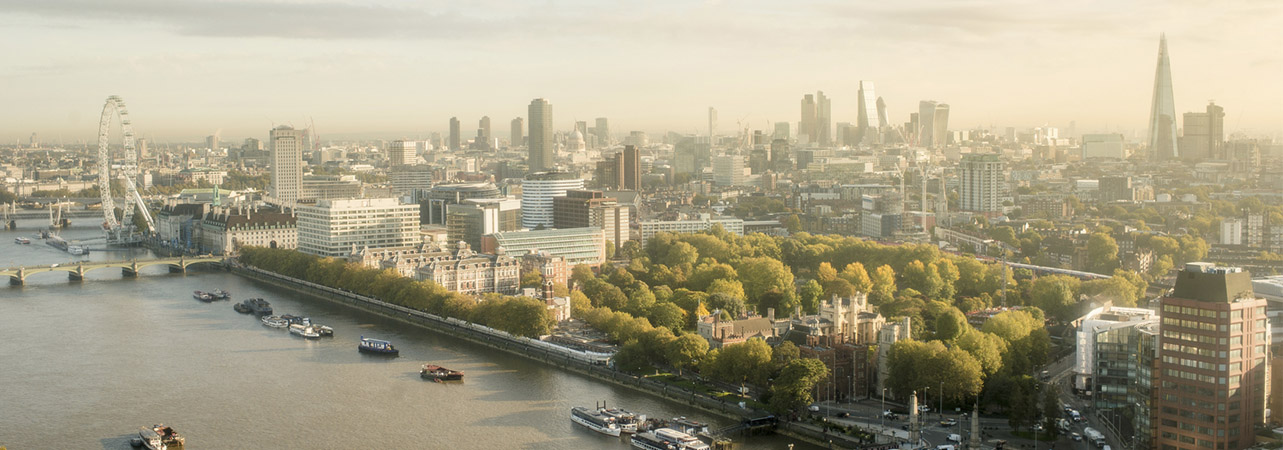The UK consumer was due to drive the economic recovery, but it hasn’t worked out that way.
- It seemed like the UK consumer would be the mainstay of the economic recovery
- However, retail sales have been disappointing
- There are four key weakness for the UK consumer economy today
Initially, it seemed like the UK consumer would be the mainstay of the economic recovery. Unable to spend, people had built up substantial savings pots during the pandemic, which would now be unleashed on the economy. Frenetic spending would drive growth.
Only it doesn’t seem to have panned out. Retail sales have, in general, been disappointing. The pingdemic has interrupted consumers’ capacity and enthusiasm for spending. More recently, the energy crisis has also left consumers facing higher bills and therefore with less available for discretionary spending. With furlough about to be withdrawn, the consumer economy looks precarious rather than buoyant.
There are four key problems for the UK consumer today, all of which dent the argument that it will fuel the UK recovery from here.
Problem 1 – the new-found savings are largely concentrated in the hands of the wealthy, who already have plenty of ‘stuff’. Certainly, they will take the holiday they didn’t take last year, but they’re unlikely to take two, or spend double. The money may find its way into savings products as they look to give themselves more financial flexibility, but not all of it will find its way into spending.
Problem 2 – Uncomfortable rises in fuel and food prices have dented consumer confidence. The well-watched GfK survey found consumer confidence declining in September from August "On the back of concerns about rising prices for fuel and food, the growth in headline inflation, tax hikes, empty shelves and the end of the furlough scheme.”
Problem 3 – there are fewer things to buy as supply chain disruptions mean less on the shelves. The biggest problem is clearly in the fuel sector, but there are problems for supermarkets as well. While these may not be critical products, they may dampen consumers’ propensity to spend, particularly at a time when the prices for essentials, such as energy, are rising.
Problem 4 – Tax rises. The National insurance rise draws mixed feelings, but there can be little doubt that its impact will be widespread. For some people, it will put a significant dent in their ability to spend. This is likely to be a drag on consumer spending, however marginal.
Those who see the consumer as the great white hope of the UK economy may be disappointed. There are plenty of reasons to suggest that the spending boom may not materialise. For true recovery, the UK economy must have more strings to its bow.







